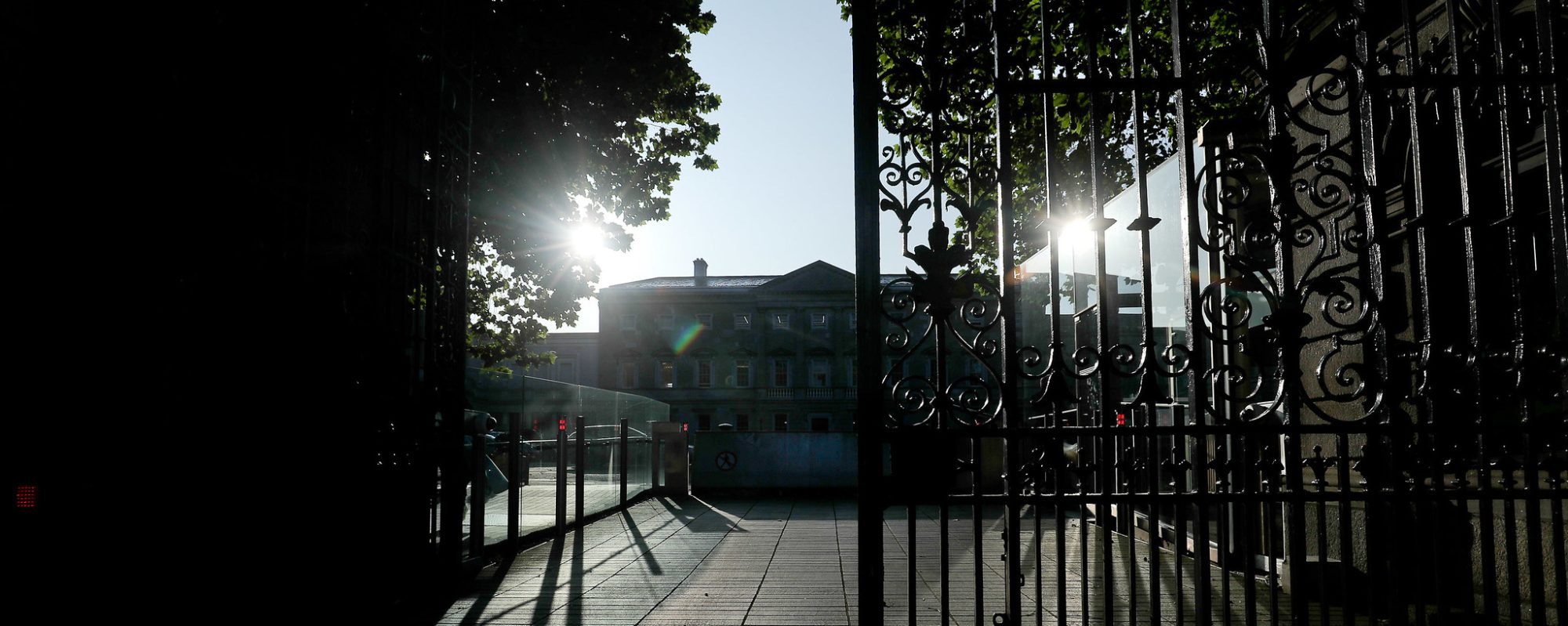My latest Evening Herald column from August 8th 2011 – you can also see it online: here
——————————

Success has many fathers, but failure is an orphan. Clearly, no one has told the economists this.
In any other walk of life — architecture, dentistry, cake decorating — people run away when they see failure or disaster looming.
Not the economists. They embrace disaster. They revel in it.
As soon as a crisis looms they rush to the TV camera and the microphone to say how they predicted it.
They take a pride and pleasure in being associated with doom and failure that would do your heart good, if the consequences were not so dire for the rest of us.
In the wake of last week’s market turmoil, the weekend papers and discussion shows were full of economists doing what they do best.
Switching between the radio stations on Saturday and Sunday mornings was like playing some demented radio five-card stud — I see your dollar bond collapse and raise you an Italian bailout.
The Sunday newspapers were as bad with even more dire predictions of either the collapse of the euro or the dollar, or both.
We are living in uncertain economic times … and will be for some years to come. No one needs to tune into the radio to learn that.
This is a major culture shock for many, though not for those of us who lived through the Eighties … and no one wants to see another decade lost to despair and inactivity.
But I digress. So why have we seen renewed predictions of crisis this week? They do not seem to have been prompted by the publication of any eurozone statistics or hard figures.
Neither could they be reasonably explained away as just the result of a global slow news day.
While they may, in part, be due to the outworkings of the American debt ceiling compromise, the giveaway is in the word most often employed by economists in describing the crisis: confidence.
We have seen share values drop and bond costs increase over the past week because market analysts and investors do not have confidence in the capacity of eurozone countries to deal with all the debt in the system.
Could these possibly be the same investors who were protected from massive losses in banks and bad investments by those same governments?
Ironic, isn’t it? Eaten bread may be soon forgotten, but never with anything like the speed and hypocrisy with which socialised private losses are forgotten by the markets.
It is tough to make someone have confidence in you, particularly when you have not got much confidence or trust in them. But wringing our hands in anger on this won’t make the problem go away.
As I said earlier, the past week’s scare does not have its origin in a spreadsheet. It is fundamentally a political issue; not an economic one.
The real danger for us is that the dramatic actions and reforms the market is demanding in return for their “confidence” would be deeply unacceptable to people here and across the Eurozone.
This is the almost impossible balance that the eurozone leaders are trying to strike. To make the changes just about needed to gain market approval without totally alienating public opinion at home. The political spectre of Brian Cowen must stalk their deliberations.
Not that the eurozone leaders merit much sympathy. Merkel and Sarkozy’s slowness to act decisively in the early stages of this crisis has cost us all. Their dithering and loose talk threw Ireland to the market wolves in a futile attempt to stem the tide at no cost to themselves.
Their recent reforms to the European Financial Stability Fund have been more carefully judged, though these will take a while to work their way through.
Meanwhile, the next time you hear an economist demanding firmer and more determined actions, just remember that translates in higher taxes and higher charges for you and yours.
– Derek Mooney


Thanks so much for this. I’m a blogger coming from Bergisch Gladbach Hebborn, Germany and what you’ve said
here on derekmooney.net couldn’t be said any better. Reading through this information kinda reminds me of my past roommate, Emanuel. He always kept preaching about this. I will definitely send these ideas to him. I’m
certain he will have a very good read. I appreciate you for sharing this.
LikeLike